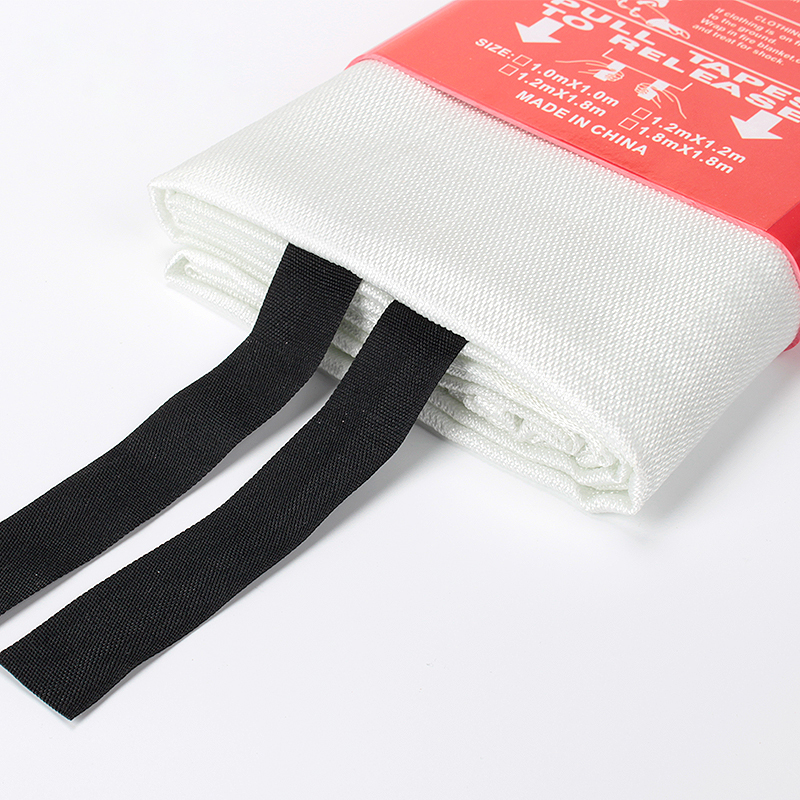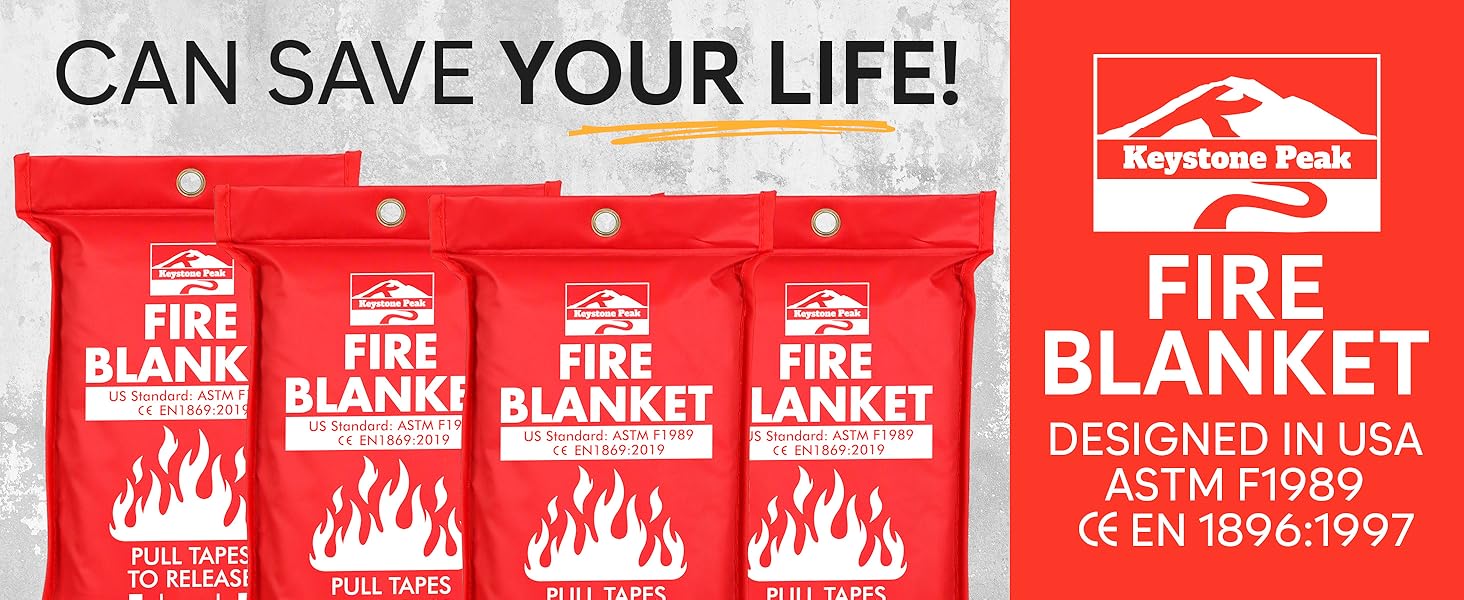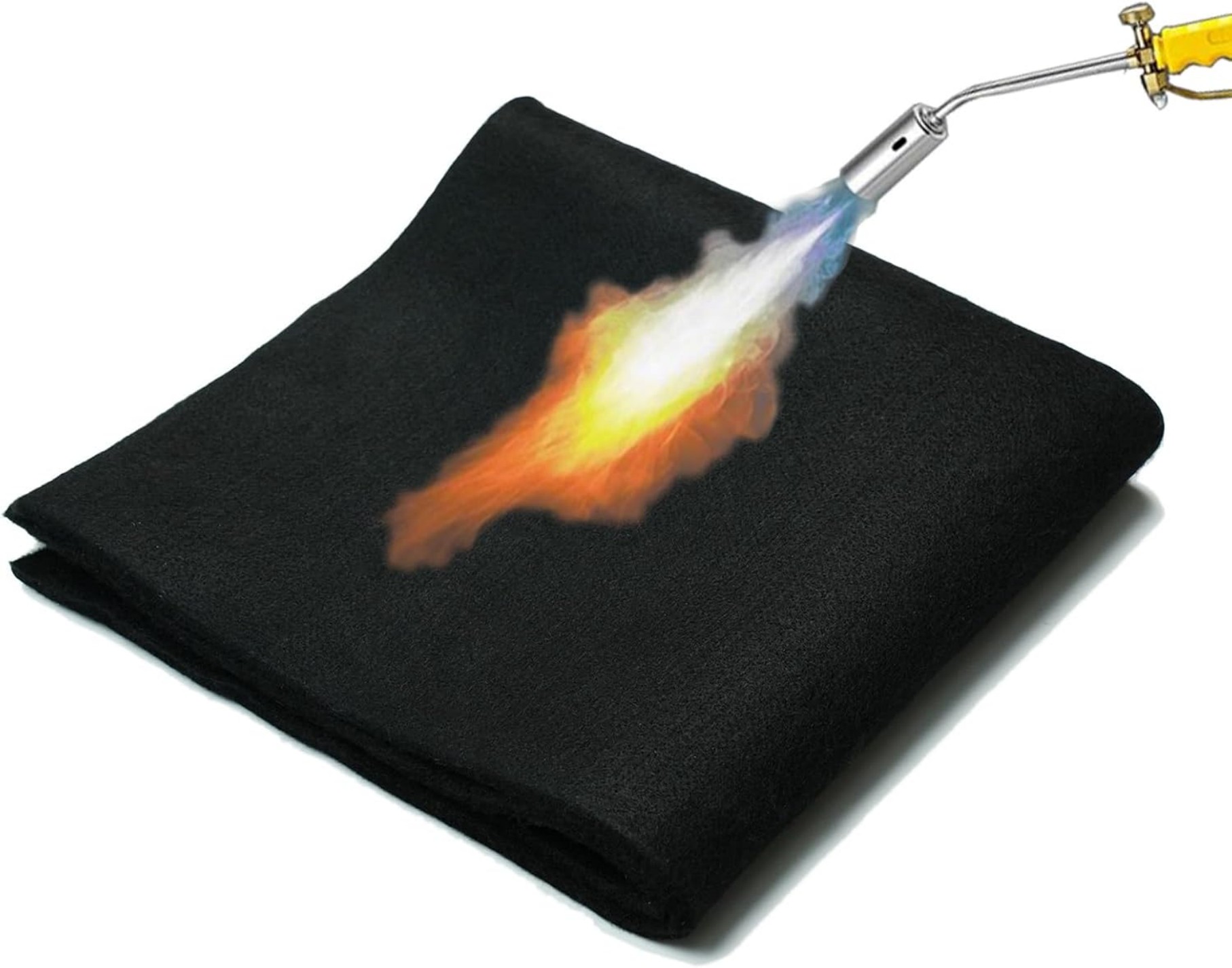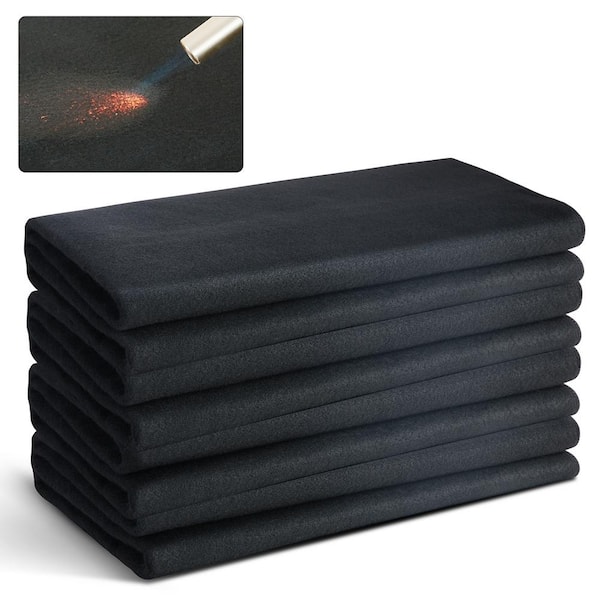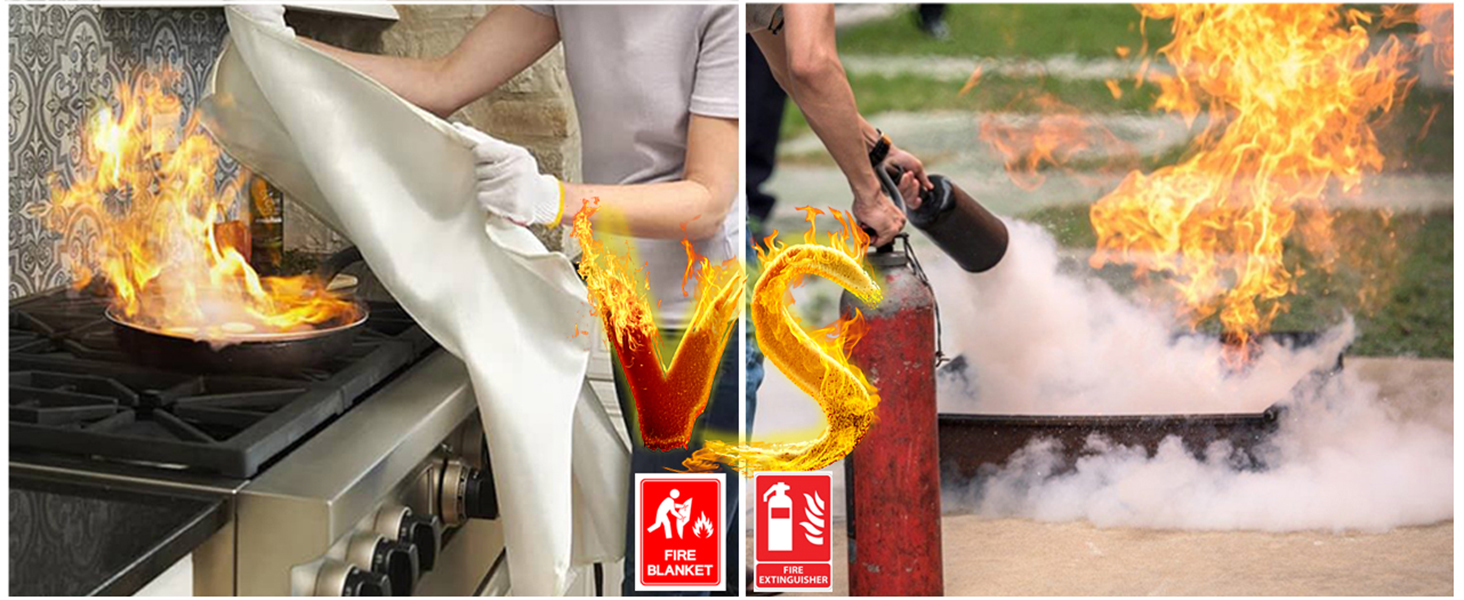Marine Fire Blanket: Essential Safety Equipment for Ships and Boats
Summary:A marine fire blanket is crucial safety equipment for ships and boats. This guide explains how it works, its advantages over other fire extinguishers, proper usage techniques, and maintenance tips to ensure maritime fire safety.
Why Every Vessel Needs a Marine Fire Blanket
When fire breaks out at sea, you need reliable equipment that works in challenging conditions. A marine fire blanket is specifically designed for maritime environments. Unlike regular fire blankets, it resists saltwater corrosion and performs in high winds. You'll find it indispensable for small galley fires, engine room incidents, or electrical fires where traditional extinguishers might be ineffective.
How Marine Fire Blankets Work
The science behind marine fire blankets is simple yet effective. Made from fire-resistant materials like fiberglass or specially treated wool, they smother fires by cutting off oxygen supply. When you place the blanket over flames, it creates an airtight seal that extinguishes the fire without the mess of chemical extinguishers. This makes cleanup easier and prevents damage to sensitive equipment.
Proper Usage Techniques
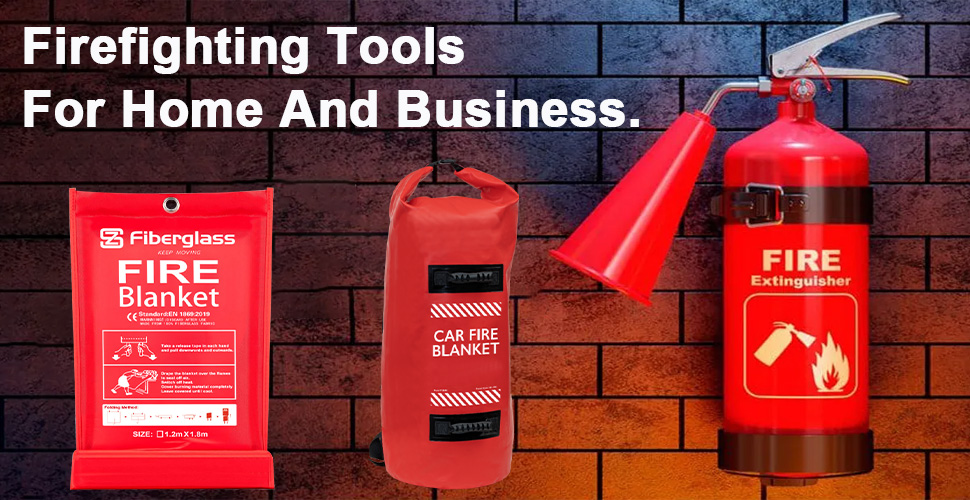
To use your marine fire blanket correctly: First, ensure you're positioned between the fire and your escape route. Hold the blanket by its corners, protecting your hands with the folded edges. Gently place it over the flames, starting from the nearest edge. Never throw it - this could spread the fire. Leave the blanket in place for at least 30 minutes to ensure complete extinguishment.
Advantages Over Traditional Fire Extinguishers
Marine fire blankets offer several benefits you won't get with chemical extinguishers: They never expire or need recharging. There's no risk of electrical shock when used on live equipment. They work on all fire classes (A, B, C, D, and F). Most importantly, they don't leave corrosive residues that can damage your vessel's systems.
Selecting the Right Marine Fire Blanket
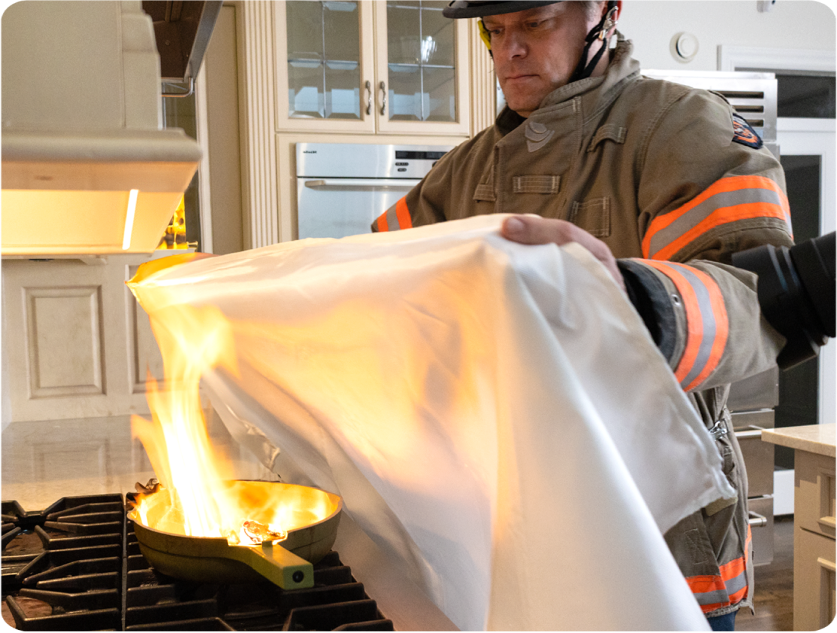
When choosing a marine fire blanket, consider these factors: Size (minimum 1m x 1m for small vessels), material quality (look for SOLAS certification), storage case (must be waterproof), and ease of access. Premium blankets include heat-resistant handles and quick-release mechanisms for emergencies. Always verify it meets maritime safety standards for your region.
Maintenance and Inspection
Your marine fire blanket requires minimal maintenance but regular checks. Monthly, inspect for tears, discoloration, or moisture damage. Ensure the storage container seals properly. After use, replace immediately - never attempt to reuse. Store in an accessible location protected from direct sunlight and extreme temperatures.
Training Crew Members
Every crew member should know your marine fire blanket's location and proper use. Conduct regular drills where they practice deploying it. Emphasize that for small contained fires, the blanket is often safer and more effective than extinguishers. Document this training in your vessel's safety records.
Real-World Applications
Imagine a grease fire in your galley. While a chemical extinguisher might spread burning oil, your marine fire blanket safely contains it. Or an electrical panel fire where water-based extinguishers are dangerous - the blanket provides safe suppression. These scenarios demonstrate why maritime authorities recommend keeping multiple blankets throughout your vessel.
Complementary Safety Measures
While essential, your marine fire blanket shouldn't be your only defense. Combine it with properly maintained extinguishers, smoke detectors, and an emergency plan. Position blankets near high-risk areas: galley, engine room, and electrical panels. Remember, prevention is best - regular system maintenance reduces fire risks significantly.
Conclusion
A quality marine fire blanket is among the most versatile safety investments for your vessel. Compact, reliable, and effective across fire types, it provides crucial protection when seconds count. By selecting the right blanket, maintaining it properly, and training your crew, you significantly enhance your maritime fire safety preparedness.


